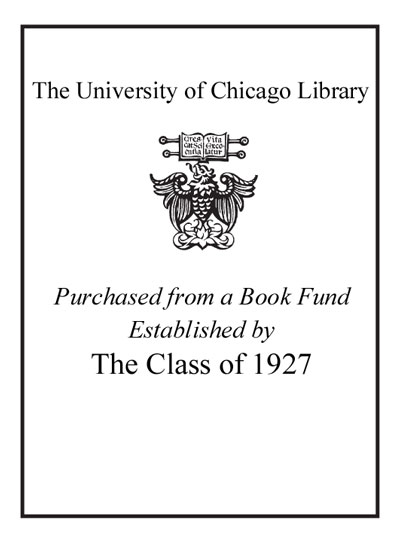The ritual lament in Greek tradition.
Saved in:
| Author / Creator: | Alexiou, Margaret. |
|---|---|
| Edition: | 2nd ed. / Margaret Alexiou ; revised by Dimitrios Yatromanolakis and Panagiotis Roilos. |
| Imprint: | Lanham, Md. : Rowman & Littlefield, c2002. |
| Description: | xviii, 293 p. ; 23 cm. |
| Language: | English Ancient Greek |
| Series: | Greek studies |
| Subject: | |
| Format: | Print Book |
| URL for this record: | http://pi.lib.uchicago.edu/1001/cat/bib/4668804 |
Table of Contents:
- List of plates
- Series Editor's Foreword
- Foreword
- Introduction to the Second Edition
- Preface
- Part I. Lament and ritual
- Problems and method
- 1.. Tradition and change in antiquity
- Wake, funeral procession and burial
- Offerings at the tomb
- Kinswomen and strangers
- The legislation on funeral rites and lamentation
- 2.. From paganism to Christianity
- The struggle of the soul
- The wake
- The funeral procession
- Burial and after
- 3.. Modern survivals
- The fight with Death
- Washing, dressing and lamentation
- From house to tomb
- Burial and after
- Part II. Gods, cities and men
- 4.. The ritual lament for gods and heroes
- Adonis, Linos and Hyakinthos
- Lityerses, Bormos and Mariandynos
- Lamentation in the hero cults and mysteries
- The Virgin's lament
- Leidinos and Zafeiris
- 5.. The historical lament for the fall or destruction of cities
- The ancient lament for cities
- Byzantine tradition and the laments for the fall of Constantinople
- Modern historical laments
- 6.. The classification of ancient and modern laments and songs to the dead
- The ritual lament of the women: threnos, goos, kommos
- The men's part: praise of the dead
- The growth of a new terminology
- The Song to Fate--origin of the modern moirologi?
- Moirologia for departure from home, change of religion, and marriage
- Moirologia for the dead
- Part III. The common tradition
- 7.. Antiphonal structure and antithetical thought
- Form and structure
- Antithetical style and antithetical thought
- 8.. Conventions, themes and formulae
- Initial hesitation and questions
- The contrast: past and present
- The contrast: mourner and dead
- Wish and curse
- Praise and reproach
- 9.. The allusive method
- Form
- Light
- Journey
- Support
- Spring and harvest
- The tree
- Water and thirst
- Notes
- Bibliography
- Abbreviations
- Bibliographical Supplement
- Glossary
- Indexes

